Mike Aamoth - Tips for Protecting the Environment
Mike Aamoth is a musician who has been playing the oboe for several years. He has experience performing with a number of major orchestras around the country, and on the stages of some of Europe’s most historic concert halls. However, he is also an environmental activist, and he knows how to do his part for the sake of the environment; here are some tips to help the environment.
.jpg?timestamp=1466509733166)
Minimize your use of toxic chemicals. All the chemicals we use for growing plants, killing weeds, and fertilizing our lawns has an impact on our underground water ways, and thusly, our drinking water. Only one percent of the Earth’s water is safe for human consumption, and we need to do our best to keep that number from shrinking even further. If you have to use chemicals that could be harmful, be cautious.
Use renewable energy at home or at work. Wind, solar, and geothermal energy sources are all viable options for paying many of our everyday needs. As environmentalism continues to grow in popularity throughout the world, renewable energy technologies are being developed regularly. Solar panels are a great way to help protect the environment at home.
Support environmental causes and organizations. One of the best ways you can protect the environment is by spreading the word. Get involved in organizations that aim to protect the environment, spread awareness regarding important issues, and support political officials who care about the Earth’s future.
Mike Aamoth is an active supporter of Greenpeace, Amnesty International, and Heifer International. He wants to do his part in order to protect the environment for future generations of humanity.
Mike Aamoth - Tips for Music Instructors Teaching Students
Mike Aamoth is has made a name for himself in the world of professional music. Not only does he have experience playing the oboe with major orchestras, but he also has experience teaching younger generations the instrument as well. He has learned what it takes to teach someone an instrument, and he can provide tips for other music instructors as well.
.jpg?timestamp=1465892684548)
First, keep lessons short, but frequent. Lesson times should be no longer than thirty minutes during the students beginning stages, and at least once or twice weekly. This will ensure that the student can learn the basic techniques in parts, and not become overwhelmed with too much information too fast. This makes learning easier on the student, and gives the instructor time to make sure the student masters one step at a time.
Second, make sure you teach the student the fundamentals before anything else. “With the proper learning of the fundamentals, making music in the future will be more pleasing and effective for both the student and the listener,” Aamoth explains.
Fundamentals are the key to having a successful future in the music world, and the hard work will pay off in the future as your skills advance.
Third, make sure you adapt to your students’ needs. Not every student will learn an instrument the same way, and as the instructor, you need to figure out what ways work best for the student. Pay attention to how your students respond to both an explanation of techniques, and demonstrations.
Mike Aamoth has experience teaching students the oboe, and he hopes to be able to write a method book.
Mike Aamoth - Three Safety Tips for Scuba Divers
Mike Aamoth is a dedicated individual who cares about his career in music, and his ability to influence younger generations. He is an accomplished oboist who has been playing the instrument for many years, and has experience performing with a number of major orchestras throughout the United States and Europe. He also has experience teaching students the oboe, and has taught at the Universities of Minnesota and Wisconsin, as well as Bethel College.
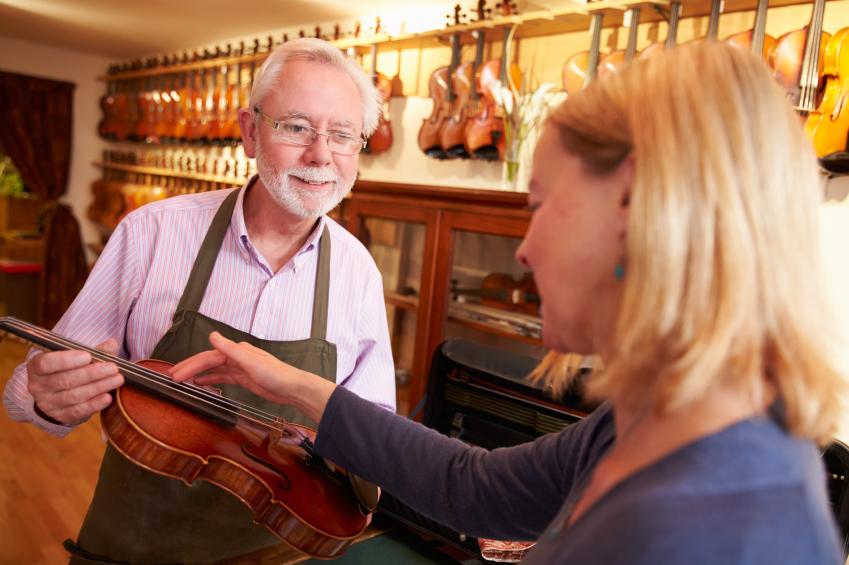
However, Mike Aamoth isn’t only concerned with his career in music. In addition to a variety of other interests, including the health of the environment, he is in active scuba diver. He has been diving for a number of years, and he has worked hard to ensure he understands all the safety regulations that go along with pursuing the underwater activity. Here are three important tips for divers.
Never stop breathing. Holding your breath when you dive can result in serious injury, including over pressurization. When you dive deeper into the water, the air in lungs will contract, and when you come back up to the surface, the air in your lungs will expand. When you hold your breath, you run the risk of suffering from over pressurization because you aren’t allowing the excess air to escape. Breathing normally will keep this problem from happening as the excess air will escape like normal.
Only dive where you know you can. Scuba diving shouldn’t be something unnecessarily challenging or scary; it should be something you look forward to doing as a fun activity with friends. This means that you don’t need to put yourself in any uncomfortable situations by diving outside of your level. As you continue to perform more and more dives, you will naturally become more experienced and ready for more difficult diving locations. Don’t try to progress too soon, and remember to have fun while taking your time.
Practice ascending back to the surface. Although you may be excited to get back to the surface and talk to your partners about the dive, you need to ascend slowly and calmly in order to ensure that the nitrogen absorbed into the bloodstream has time to dissolve as pressure lightens. If you rise too fast, bubbles will accumulate in your blood stream, which could cause decompression illness. A useful tool to help keep your ascension rate at no more than thirty feet per minute is called a dive computer.
Mike Aamoth always follows these safety tips while out in the water in order to ensure his safety, and the safety of those he’s diving with. Not only does he never dive above his skill level, but he always makes sure he is confident in his ascensions, and that he never stops breathing during the dive. He reminds his diving partners to do the same.
Mike Aamoth - Tips for Teaching Students and Children the Oboe
Mike Aamoth is a musician who has been playing and practicing the oboe most of his life. He has performed with several professional orchestras throughout his career, including the St. Paul Chamber Orchestra, the Aspen Festival Orchestra, and the Minnesota Opera. He is also a successful business owner, and established Midwest Musical Imports in 1983 in Minneapolis, Minnesota.
.jpg?timestamp=1464927700056)
Mike Aamoth isn’t just an accomplished musician on the oboe, he also has experience teaching younger generations the instrument. Inspiring students of music is something that he gets a great deal of satisfaction out of, and he aspires to write an oboe method book for students who want to hone their skills. Here are some useful tips for both teachers and parents who want to help children learn the instrument.
When teaching a student or child how to play the oboe, it is imperative that the basic techniques be taught separately from one another. This is important because relaying to a student all the basic techniques at once will be too much to comprehend in a single sitting. Teachers or parents should make sure a student has each step practiced first, which will make putting all the basics together at the end much easier. It also allows you to be able to pay better attention to technique to avoid any bad habits that could form if too much is taught at once.
In addition to being imperative that the basic techniques are taught separately, they also have to be taught the right way. Part of the reason the basics are taught in separate parts is so that teachers can pay closer attention to the student’s form. This will make it easier to correct mistakes that will lead to bad habits, as well as give you as the teacher the opportunity to teach each part both thoroughly, and correctly.
Lastly, “Do not hesitate to observe the teacher during early lessons to make sure your child is understanding the teacher’s presentation, especially in regards to the basic playing techniques,” Aamoth explains.
You want to make sure that the teacher has a solid and successful background as a music instructor, and that the fundamentals are being taught first and foremost. Many teachers sacrifice the harder lessons at the beginning so that the student can begin playing music and stay interested, however the fundamentals are essential to the child’s ability to grow. Like any sport or activity, the fundamentals lay down a supportive foundation that the student can build on.
Mike Aamoth is an experienced oboe instructor who has taught in universities around the country. He understands what students need to learn the oboe the correct way, and is willing to help other teachers and parents alike so that their students can achieve their goals as an oboist.
The Most Effective Method to Prevent Cracks in Your Oboe
Wooden Oboes are prone to cracks, and nobody wants to see their beautiful oboe cracking. The following steps can help to prevent your wooden oboe from cracking, although they cannot guarantee that the formation of cracks will be prevented.
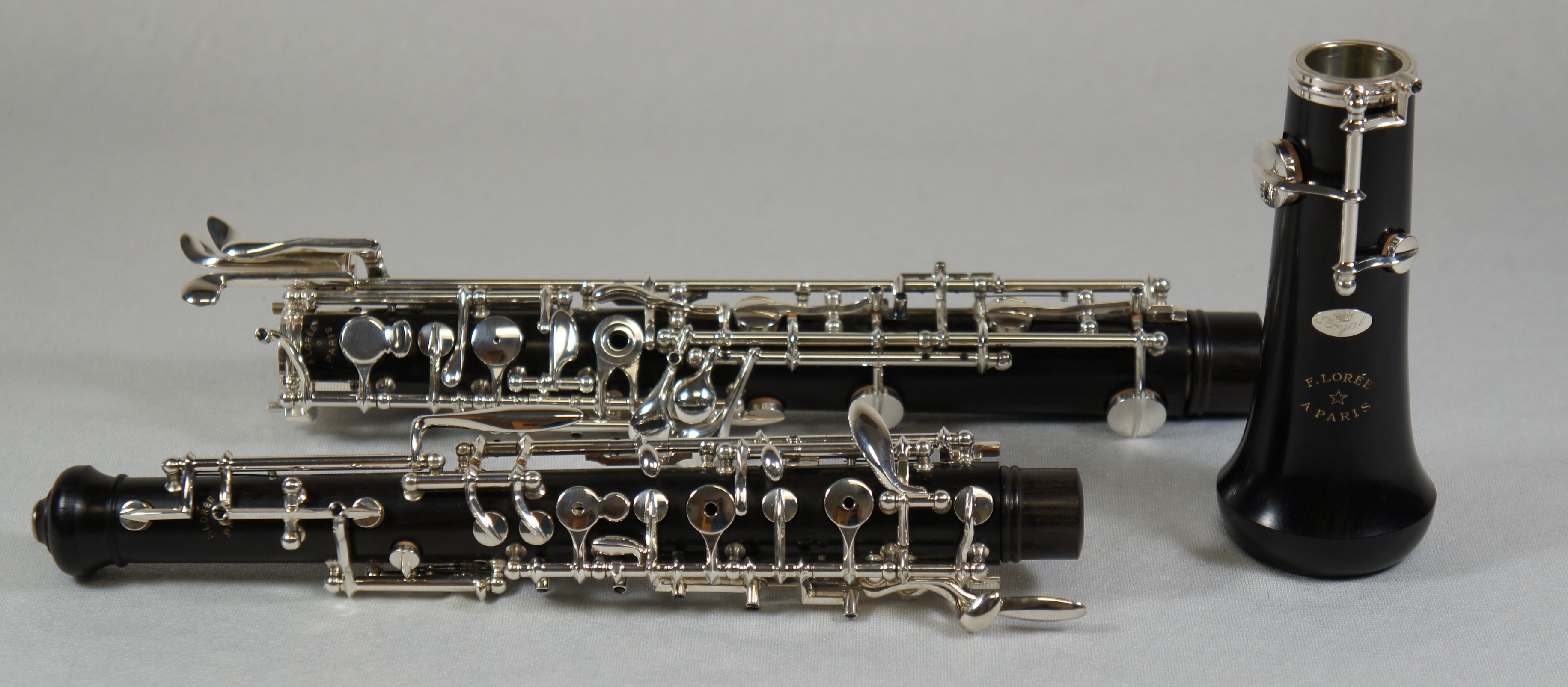
1. Warm up your instrument in your grasp or under your arm before you blow any air into it. Warm up the instrument until the instrument feels warm to the touch. This will help prevent or minimize cracks especially at the upper joint, since this is the most critical point.
2. When you have warmed up the outside of the oboe, you can now play a few notes – low notes. This empowers the air to travel the distance down the instrument.
3. Keep a humidifier in your case. This is very important because exposing your oboe to too much humidity (moisture in the air) can cause cracks to develop on your instrument. The humidifier will help you to control how much of humidity is released into the oboe.
4. Swab out the oboe after playing. It is crucial to evacuate moisture in the instrument after playing. Make sure you take any moisture out of the tone openings and octave vents if you hear any bubbling sound.
Finally, try not to warm up your instrument by blowing hot or damp air into the top joint. Warm it under your arm or in your grasp.
Michael Aamoth is the President of Midwest Musical Imports; a business that deals with importing of oboes, bassoons, flutes, clarinets, and other musical accessories. He is also a member of North American Music Merchants (NAMM) and International Double Reed Society (IDRS). His areas of interest include; reading, social issues, scuba diving, skydiving, and environmental issues.
General Maintenance Tips for Oboe
In order to make your instrument last longer, it is a good idea to take care of it.
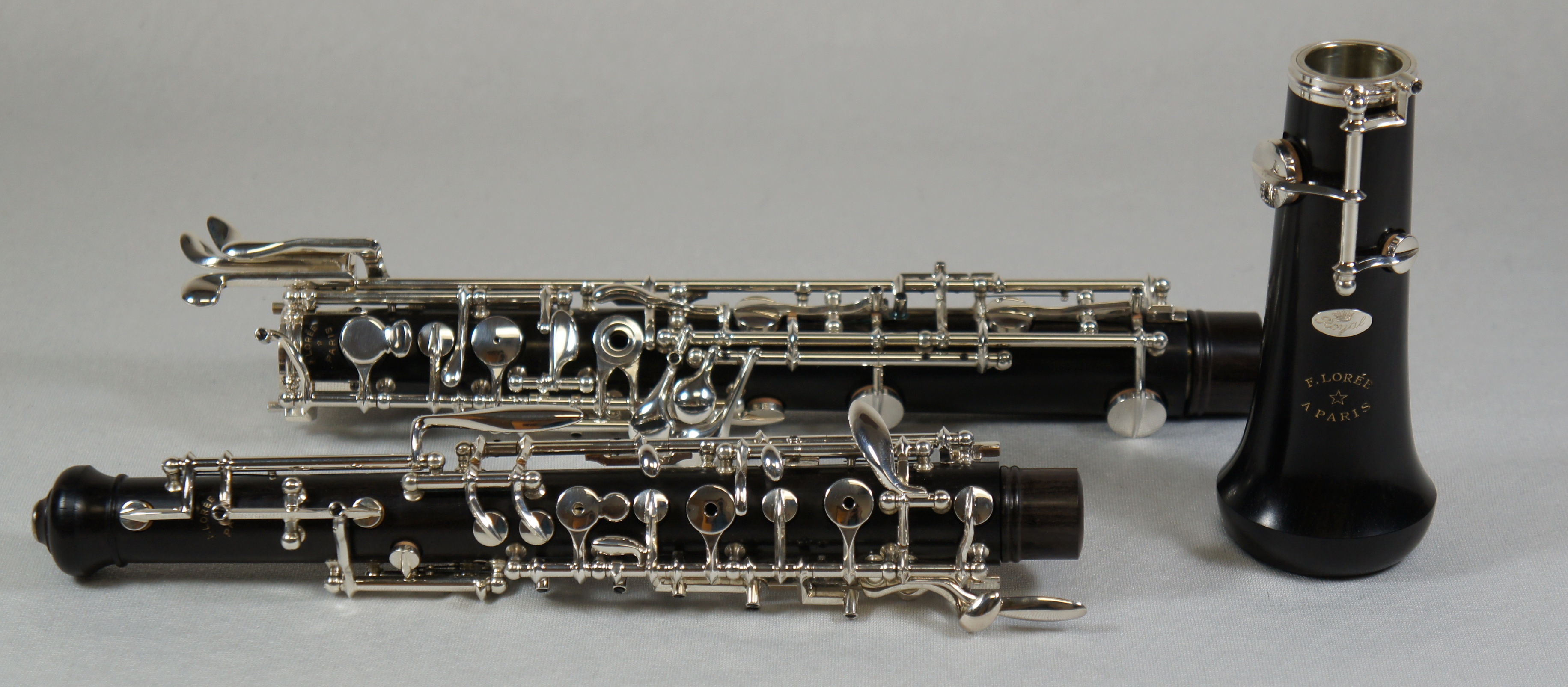
Here are general maintenance tips for your oboe:
1. Use a swab.
After taking your instrument apart, make sure you swab it. This will only take a few seconds, and it is essential so as to avoid sticky keys, and to prevent water from getting trapped inside the keys.
2. Remove food in your mouth by brushing or rinsing before playing the oboe.
Any food, candy or drink that you put in your mouth is in your saliva. If you do not brush or rinse your mouth, it will wind up in the instrument. Sugary spit and food particles will damage the reed, and it will make the keys to become sticky and retain water in them.
3. Use cork grease
You should apply cork grease on the joints of the oboe in order to prevent the corks from breaking and falling off the instrument. Since the oboe is delicate, applying cork grease will make the cork to fit easily with the instrument.
4. Avoid leaving your oboe in a hot vehicle
Excessive heat is not good for the oboe, especially the pads and the corks.
5. Take your instrument to a professional repairman for general maintenance.
Make sure you get a qualified repairman to check your instrument at least once in a year for general maintenance.
Finally, you should take good care of your oboe and keep the instrument encased when not in use in order to make it last longer.
Michael Aamoth is an oboist and a member of International Double Reed Society (IDRS). He teaches oboe at the University of Minnesota, University of Wisconsin, and Bethel College.
Tips to Help Increase Your Chances of Getting Hired as a Music Teacher
If you are thinking of going into the music instruction business, here are a few tips that can help increase your chances of getting hired as a music teacher.
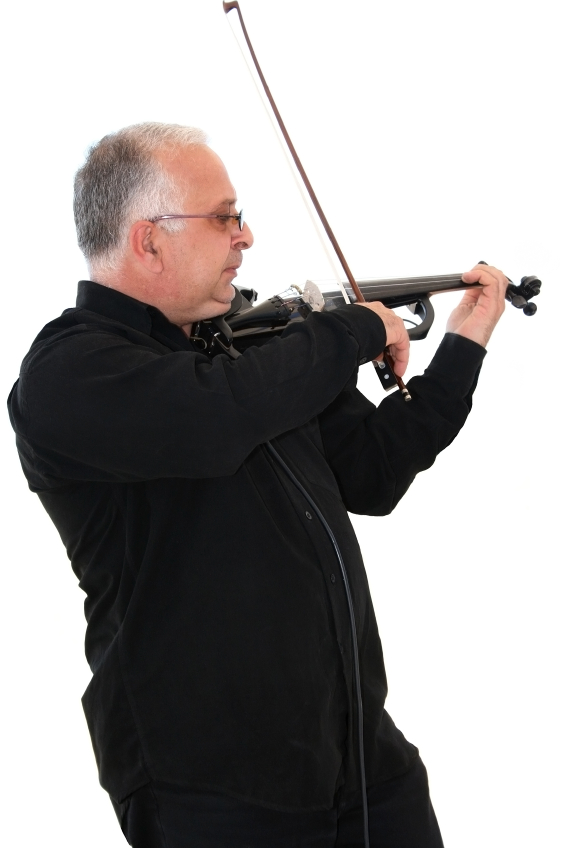
1. Know the business
Conduct a proper research to get the idea of how the business works. Also, work on your communication and interpersonal skills, as this will help you to build a good relationship with the students.
2. Improve your musical abilities
It is essential to regularly improve your proficiency and the ability to perform with the instrument that you intend to teach. Make good recordings of your performance; this will be used to judge your musical ability.
3. Be enthusiastic to educate
When you decide to be a teacher, see the meaning in it. When you have passion for teaching, it will help you to be more effective and you will derive great happiness and importance in imparting the knowledge of music to your students.
4. Show reliability and trustworthiness
Can you be trusted to keep the students safe? Your moral integrity is very important. Being trustworthy will enhance your credibility and your chances of getting hired.
5. Be organized
Keep your lessons very organized. Take notes and evaluate your students regularly, this will help you to effectively track their progress. Being organized will help you to be an effective teacher.
Michael Aamoth is an oboe teacher at the University of Minnesota, University of Wisconsin, and Bethel College. He has strong passion for music and education, and he enjoys scuba diving, sky diving and reading.
Keys to Effective Networking in the Music Business
When you are in the music business, you are a part of a substantial group of skilled individuals who team up to make music for recording, broadcast and/or live performances. Hence, effective networking is very crucial to the survival and success of your music business.
Here are few tips to help you to network effectively:
1.Select your targets
Target those individuals who are most vital to the success of your music business. Recognize the individuals with whom you might want to team up, and the individuals who can impact your music business positively.
2.Be social
Face-to-face communication is the best form of networking. The music business is social, with numerous occasions occurring as the year progresses. Take the chance to go to the neighborhood or provincial award ceremonies. Visit music clubs, festivals and different venues where you can meet other individuals in the music business. When you meet individuals with whom you might want to network, collect their contact details so that you can stay in contact with them.
3.Communication
Good communication is very important. Make use of the electronic mail and the social media to keep contacts with those people that really matters to your music business.
Sharpen your networking skills and you will experience tremendous growth in your music business.
Michael Aamoth is the president of MSA Music Incorporation. He is a member of many organizations which include; International Double Reed Society (IDRS), North American Music Merchants, and Minnesota Public Television. He cares about social and environmental issues, and he contributes to the following:
Amnesty International, Heifer International, Greenpeace, Link TV, and Earth Watch. He attended the Manhattan School of Music, the University of Minnesota, and Aspen Music Festival.
Favorite Composers
There are points in history in the world of music that have produced legends. These icons of music have stood the test of time. Today, many hundreds of years after these individuals have spent their time on earth, there are many fans of their extraordinary work. Among this pantheon of musicians are composers who have inspired countless music fans, countless music players and countless works of art.
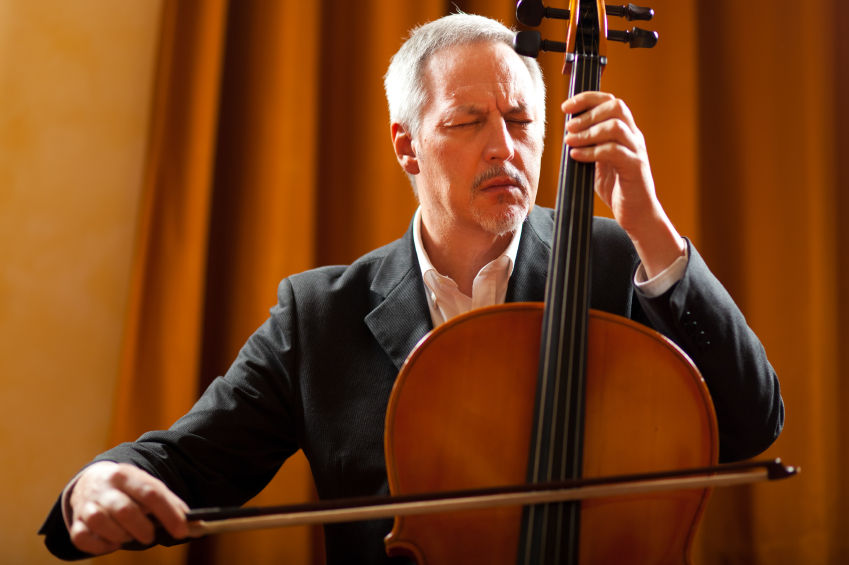
Some of the top composers of all time include Igor Stravinsky. His work was so groundbreaking and advanced when presented that some believe that no other composer can be copied. His music is known to many as very raw, basic and without fear or convention. Another great composer is Gustav Mahler. His music is known to fans as being very expressive in a totally complete way that evokes the human condition with detailed description and evocative manners. Within his music the heart and soul are so evident and often expressed in such a majestic way. Benjamin Britton is another composer that is one of these legends. His work is so clear and pure in its emotions that his voice through the music has carried on for generations. Fans are especially drawn to his choral works which are very touching.
Michael Aamoth is a professional musician and figure in the music industry. He is very fond of this particular list of composers and they have inspired him continue playing in for him to continue listening to their music. He shares his musical tastes and opinions about why each composer belongs on this list with friends, customers, colleagues and family whenever he gets a chance.
Picking that Oboe
Getting the right oboe is a task in choosing from a variety of available items. There is little doubt that selecting bonobo to play can be a challenge. That is why many music shops will choose to specialize in wind instruments and will have many experts on staff that have intrinsic knowledge of wind instruments in general, but just enough knowledge of the oboe to be able to share all that they know about it. When the most important things to know about oboe is that you must take total care of it. It must be placed in a case at all times whenever it is in transport. It is important to keep the oboe clean and free from obstructions as well.
Nowadays the modern oboe is constructed out of plastic or fine wood. These are critical to the sound that is put out by these instruments. Of course, having an oboe that is made out of wood requires workmanship in the construction which makes these units more valuable than their plastic counterparts.
At the same time, beginners might be interested in picking a plastic oboe as they can generally be cheaper to purchase and have the same value and functionality as the wood ones. Michael Aamoth is a trained musician that has run a music store that sells high-end professional instruments to musicians throughout the Minneapolis Minnesota area. This store is known as Midwest Musical Imports and it’s is known for its extensive selection and experience staff that is dedicated to helping people with selecting the right oboe and servicing them to their satisfaction.
An Online Presence
Real-world retail stores with actual street addresses are still relevant in this digital day and age. With the advent of online commerce, including such industry behemoths as Amazon, it may seem like brick and mortar stores are going the way of the dinosaur. But it isn't so, although industry analysts say that most real-world merchants have had to make concessions to e-commerce and have an online presence.
It comes down to being able to drive sales and growth quickly and efficiently. In an age where everybody and their brother has a web site, the majority of retailers have them too, and offer most of the same merchandise they've got in the shop, to their online customers. And it isn't all bad, because with the global reach of the Internet, small, local retailers can now claim the world as their target market.
But they've got to do it right. Consultants say that one of the most important decisions they'll make is choosing the right shopping cart software – that part of the website where online customers can set aside the products they want to buy. Maybe you haven't given it much thought, but the fact is that not all shopping carts are created equal. Different platforms offer different features.
They also advise retailers venturing onto the Internet to design a website that has the look and feel of their real-world store. The world might be their marketplace, but most of their customer base will probably be from the neighborhood, and will appreciate the familiar feeling.
None of these lessons are lost on Michael Aamoth, the founder and owner of Midwest Musical Imports in Minneapolis, Minnesota. The business was founded in a brick-and-mortar store in 1983 but is a veteran of the Internet, with an active web presence that has a lot of activity.
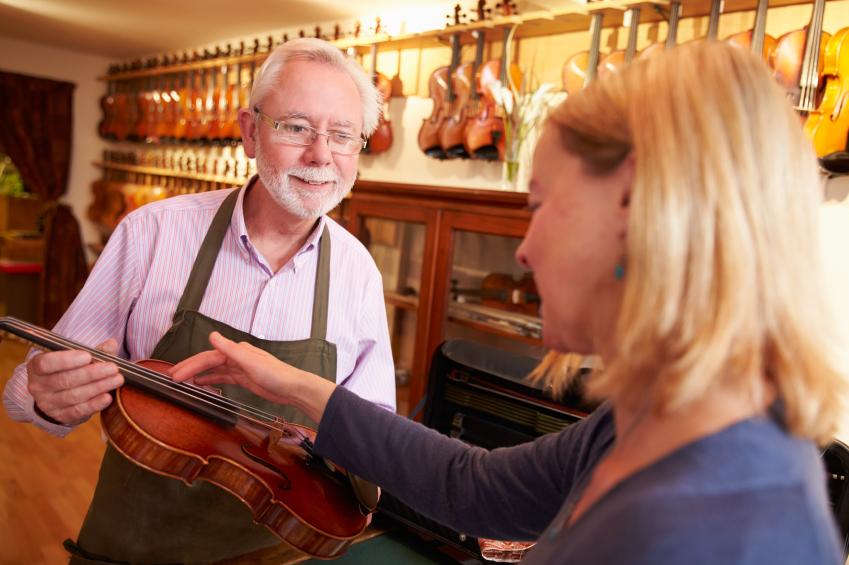
An Expert Staff
Any business must be a labor of love for its owner, if that business is going to succeed. This is probably even truer in a specialty business, like a bakery or a music store.
Starting a new business takes an enormous amount of time and energy, and passion for it is an absolute necessity. In the case of a music store such as Midwest Musical Imports, customers expect its staff not only to know about the products they are selling, but about music in general.
Their slogan is "musicians serving musicians," and that has been their goal for more than thirty years. "As musicians," says its proprietor, "we take great pride in helping you find exactly the right instrument – whether beginner or professional, we're here to help." The store employs a staff of conservatory-trained instrument specialists who are committed to providing each customer with expert and knowledgeable service.
The store also has an expert staff of trained instrument repair technicians who have built their reputation for specializing in oboe, bassoon and English horn repair. They also handle clarinets, flutes, and saxophones.
The store has a variety of band instruments and general accessories in the shop, from oboes and bassoons to saxophones and sheet music. Midwest Musical Imports was founded in 1983 by Michael Aamoth, a professional oboist who trained at the Manhattan School of Music and the University of Minnesota. He has performed with many orchestras and ensembles, including the St. Paul Chamber Orchestra, the Aspen Festival Orchestra, the Minnesota Opera, the Bach Choral Society, and the South Dakota Symphony Orchestra.

Michael Aamoth - The Duck Phase
The oboe has been called one of the most difficult instruments to play. It is a double reed instrument, which means that its reed, through which the player must blow, is made of two flattened blades of bamboo. The instrument produces sound through the vibrations of one blade against the other. Getting the proper sound through an oboe is one of the big challenges for the beginning oboist, and it is common for students to go through what is sometimes called the "duck phase," a period when the sounds of the instrument are less like music and more like that aquatic bird.
.jpg?timestamp=1434249201002)
"The oboe. Where to start?" a frustrated oboe student once said. "I have been playing for a year and a half, just got out of the duck phase, and am thinking about learning how to make reeds. Just had my band teacher tell me to play the notes right, and my reed is broken. Oh, and I am not so sure about being out of the duck phase yet."
Many students find that it is advantageous to have experience on another musical instrument before they tackle the oboe, but of course there are no actual prerequisites. The oboe brings with it specific issues, such embouchure, which refers to the facial muscles used to correctly blow air through the oboe's double reed. Developing embouchure is the main reason for the duck phase.
Michael Aamoth has been playing the oboe professionally for many years. He has performed with numerous orchestras and other ensembles, taught professionally, and is thinking about writing an oboe method book.